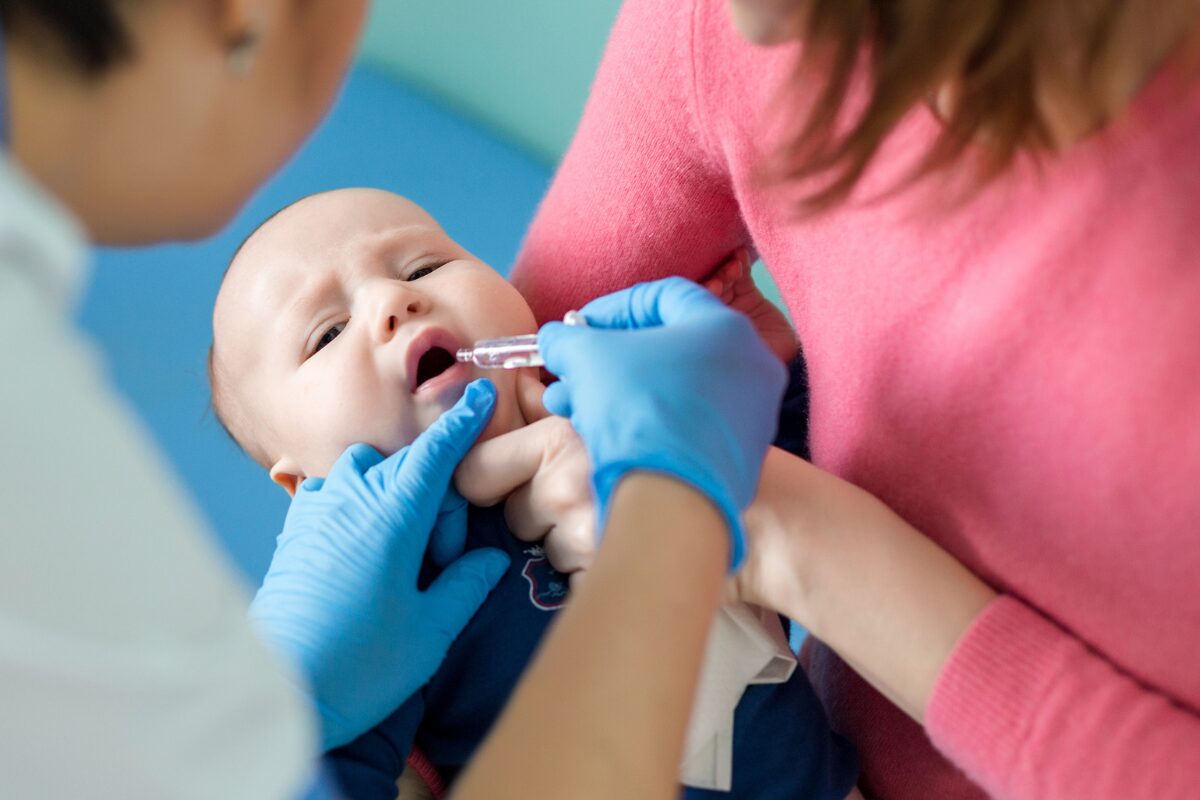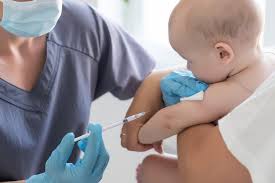
According to the United Kingdom Health Security Agency (UKHSA), another newborn has passed away as a result of getting a whooping cough. This brings the total number of infant deaths caused by the disease in England during the current epidemic to ten.
In the year leading up to June, the number of confirmed laboratory cases of whooping cough in England surpassed 10,000, according to the most recent data from the United Kingdom Health and Safety Agency (UKHSA).
More than three hundred instances have been documented in infants younger than three months old, who are at the greatest risk of contracting the infection. The majority of the cases were reported in people aged 15 years or older.
The outbreak that is currently occurring is believed to have started in England in November of the previous year.
Since the beginning of the outbreak in November of the previous year, there have been a total of ten deaths of infants that have been attributed to whooping cough. In December 2023, there was a single infant that passed away, and between January and the end of June 2024, there were nine infant deaths.

Those who cough, sneeze, or share the same breathing area as an infected person are at risk of contracting whooping cough, which is also referred to as pertussis. This bacterium is responsible for the progression of the disease. Some of the early signs include a low fever, occasional coughing, and mild symptoms that are similar to those of a cold. It is typical for these to linger for one to two weeks, following which the coughing fits start to commence.
The condition has been referred to as a “cyclical” sickness, which means that the number of cases reaches its highest point every few years. In addition, experts have stated that the general population has a lower level of protection against the disease as a result of the widespread spread of the coronavirus.
It has been emphasized once more that pregnant women should obtain the whooping cough vaccine in order to keep their children from contracting the disease until they are old enough to receive the vaccine themselves.
At the age of eight weeks, infants can receive their first vaccination against the disease, while pregnant women are recommended to have the vaccine at the ages of sixteen and thirty-two weeks.
The most recent immunization uptake data for the vaccination that is administered to pregnant women in order to protect newborns against whooping cough continues to decrease, with coverage in March 2024 being 58.9%, which is a significant decrease from the peak coverage of 72.6% in March 2017.
Due to the fact that mild cases can be misdiagnosed with other respiratory ailments in the early stages, when the virus can be tested for, experts have stated that the true number of cases is likely to be larger than what is currently believed.

The director of immunisation at the United Kingdom Health Services Authority, Dr. Mary Ramsay, stated that vaccination is the most effective means of protection against whooping cough. It is of the utmost importance that pregnant women and young infants receive their vaccines at the appropriate time.
In every pregnancy, women who are pregnant are given the opportunity to receive a whooping cough vaccine, ideally between the ages of 20 and 32 weeks. This ensures that their unborn child is protected from birth throughout the first few months of their lives, when they are at their most vulnerable and before they are able to obtain their own immunizations. This protection is passed on to their family while they are still in the womb.